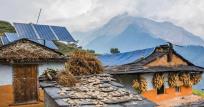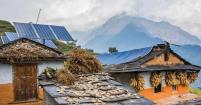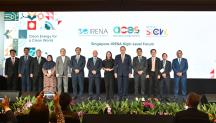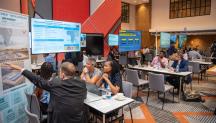

Auctions on the rise to promote renewable energy
Newsletter
Renewable energy auctions are an increasingly effective tool for governments to procure renewable electricity at moderate cost, finds a newly released policy report from the International Renewable Energy Agency (IRENA).
IRENA released the report, Renewable Energy Auctions in Developing Countries, during the European Union’s annual Sustainable Energy Week (24–28 June 2013).
With a mandate to promote renewable energy worldwide, IRENA has made a name for itself by dispensing practical policy advice for countries to scale up their use of renewable resources and technologies.
"Since the start of 2013 over 40 countries around the world, including 30 developing countries, have run renewable energy auctions. The true indicator of how interest is increasing in auctions is that in 2009 only nine countries ran them,” noted IRENA’s Director-General, Adnan Z. Amin.
IRENA has found that in well-designed auction schemes, the competitive bidding allows unbiased “price discovery” by the authorities, resulting in greater cost efficiency for electricity from renewable sources. Auctions can also include local content requirements to ensure the development of industries and the creation of jobs in the renewable energy sector.
IRENA’s report describes various types and aspects of renewable energy auction schemes, drawing on the experiences of five countries: Brazil, China, Morocco, Peru, and South Africa.
Not all auctions run in the same way, and different methods offer varying degrees of complexity, speed and transparency. In one case, Brazil implemental a hybrid auction – consisting of a descending-clock followed by a sealed-bid auction – that allowed fast price discovery and helped wind power gain competitiveness in the market. South Africa, meanwhile, has deployed a wide range of renewable power technologies – including solar, wind and bioenergy – through successful auction rounds.
Streamlined administrative procedures, fairness to all bidders and transparency are essential to the success of an auction scheme, the report adds.
IRENA is now working on a report analysing the benefits of other instruments, particularly feed-in tariff and feed-in premium schemes, in comparison to auctions for renewable energy. Analysis of auction schemes will also continue as new market developments occur.
Renewable Energy Auctions in Developing Countries is available here.




